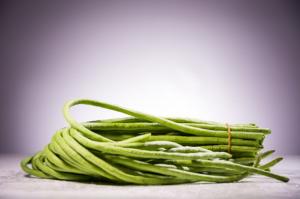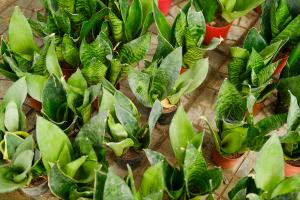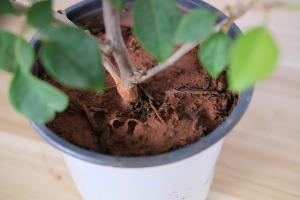Are Self Watering Pots Good for Indoor Plants?
Indoor plants have become increasingly popular over the years, but they require proper care and attention to thrive. Watering is one of the most important factors in maintaining healthy indoor plants, and self-watering pots have become a popular solution for plant enthusiasts. However, are self-watering pots good for indoor plants? Let's explore the benefits and drawbacks of self-watering pots.
Benefits of Self-Watering Pots
Self-watering pots are designed to keep the soil moist without overwatering or underwatering the plant. These pots have a reservoir that holds water, which is gradually released to the soil through wicks or capillary action. One of the main benefits of self-watering pots is that they provide a consistent supply of water to the plant, which promotes healthy growth.
Self-watering pots also reduce the risk of overwatering, which can lead to root rot and other plant diseases. With regular pots, it can be easy to water the plant too much or too little, but self-watering pots eliminate this problem. The reservoir allows the plant to absorb the water it needs, without becoming waterlogged.
Another benefit is that self-watering pots are convenient for busy homeowners or those who travel frequently. These pots can hold enough water for several days, which means you don't need to water the plant as often. This is especially helpful for plants that require consistent moisture, such as ferns or peace lilies.
Drawbacks of Self-Watering Pots
While self-watering pots have many benefits, there are some drawbacks to consider. One of the main concerns is that these pots can be more expensive than traditional pots. Self-watering pots are often made of high-quality materials and have a more advanced design, which can drive up the cost.
Another drawback is that it can be difficult to gauge how much water is in the reservoir. This can lead to overfilling or underfilling the pot, which can affect the health of the plant. It's important to monitor the water level and adjust as needed.
Self-watering pots can also be more challenging to clean, as the reservoir and wicks can become clogged with algae or mineral buildup. Regular maintenance is essential to keep the pot functioning properly.
Conclusion
In conclusion, self-watering pots can be a great option for indoor plants, but they're not perfect. These pots provide a consistent supply of water, reduce the risk of overwatering, and are convenient for busy homeowners. However, they can be expensive, challenging to clean, and require careful monitoring of the water level. Before purchasing a self-watering pot, consider the needs of your plant and your lifestyle to determine if it's the best option.

 how many times do yo...
how many times do yo... how many planted tre...
how many planted tre... how many pine trees ...
how many pine trees ... how many pecan trees...
how many pecan trees... how many plants comp...
how many plants comp... how many plants can ...
how many plants can ... how many plants and ...
how many plants and ... how many pepper plan...
how many pepper plan...
































